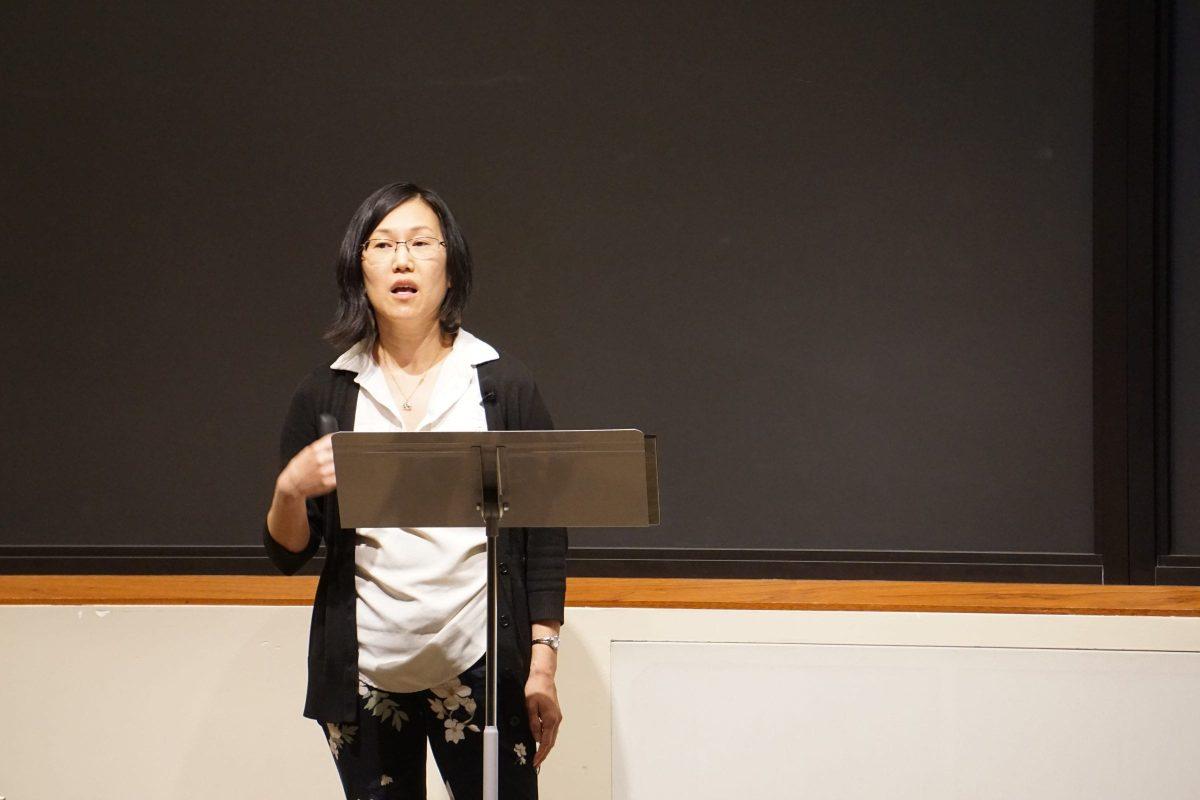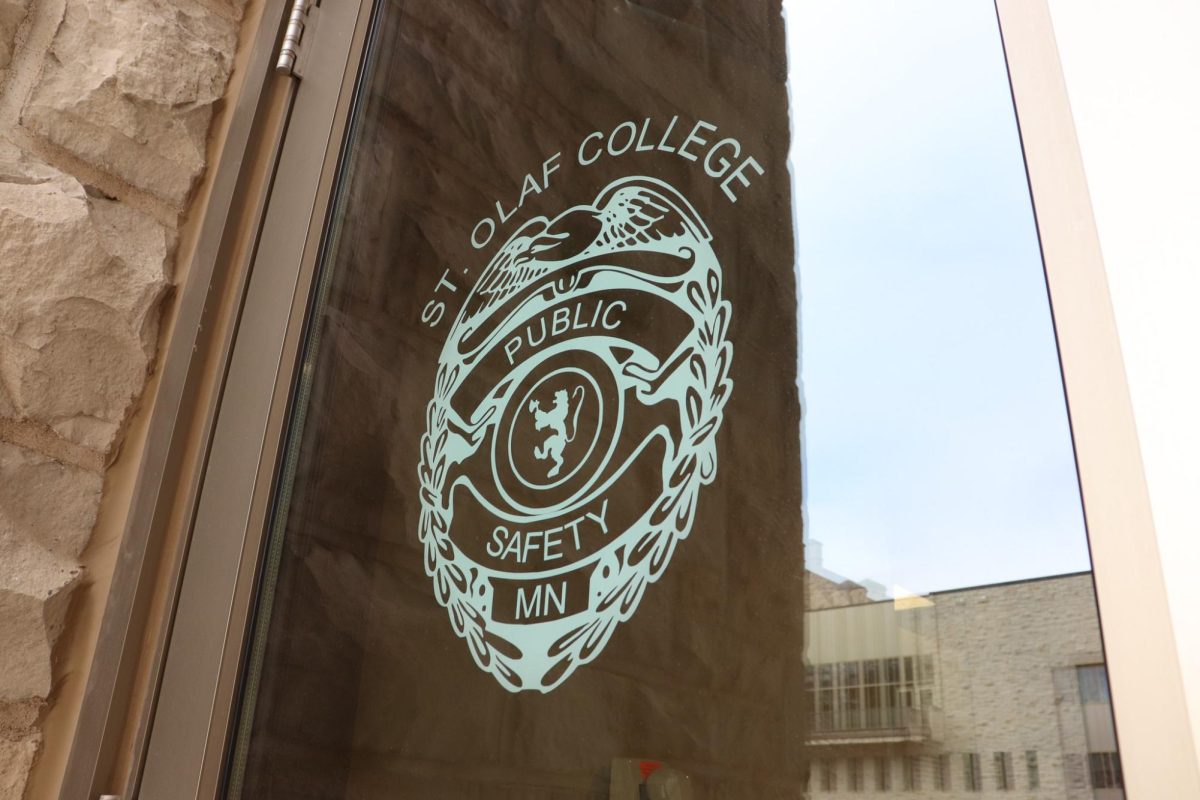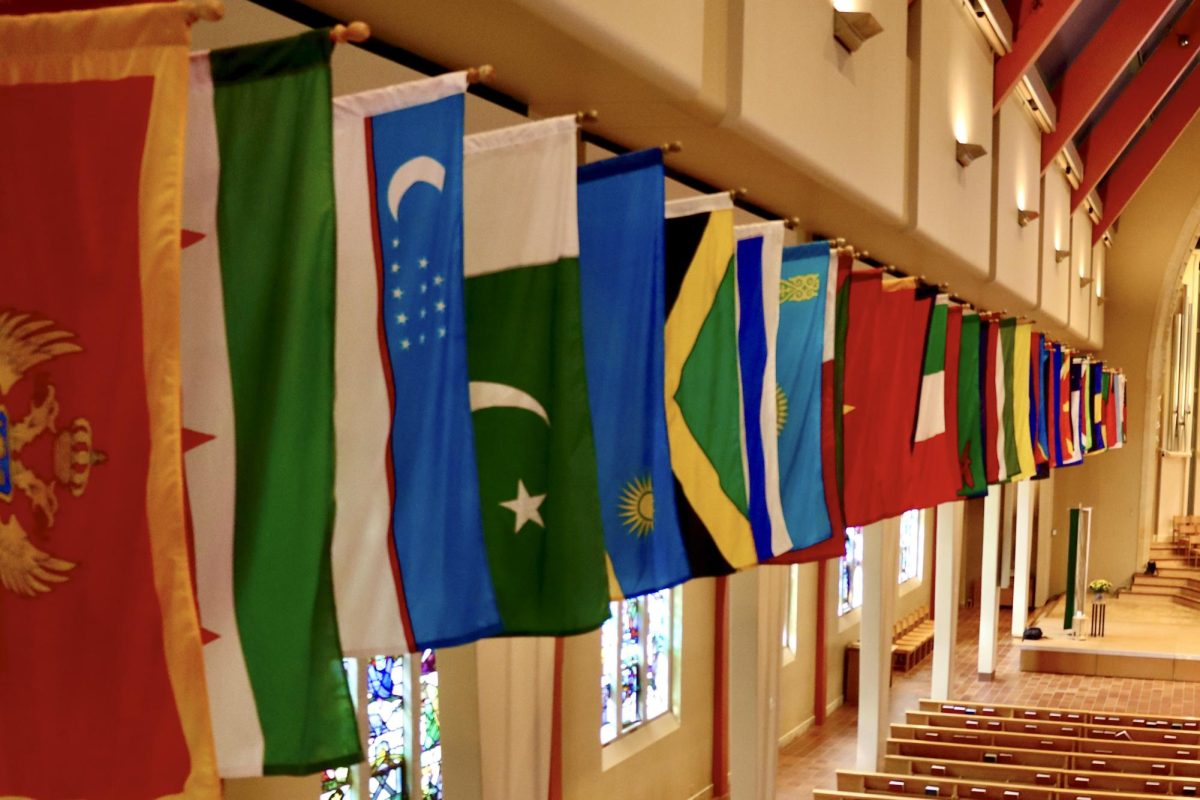Associate Professor Jennifer Kwon Dobbs delivered the 2018 Fall Mellby Lecture on Tuesday, Nov. 13. Her lecture was titled “Race, Citizenship Regimes, and Intercountry Adoption from South Korean Kijich’on to the U.S-Mexico Border in the Era of Trump.”
“This lecture examines how intercountry adoption [ICA] permanently severs kinship between children and their families of origin in order to transfer these children across national borders,” Kwon Dobbs said.
Beyond being Associate Professor of English and Director of Race and Ethnic Studies, Kwon Dobbs’ accomplishments range from award-winning poetry collections such as “Interrogation Room” to being awarded TRIO/Student Support Services’ “Above and Beyond” citation for teaching and mentoring in 2016.
In the lecture, Kwon Dobbs argued that intercountry adoption “becomes a mean for the nation state to control migratory flow and formation of so called ‘outlawed’ families.” Throughout the talk, Kwon Dobbs used powerful testimonies and poetry to illustrate the severity and heartbreak of ICA.
She spoke about the adoption of a Guatemalan child named Carlos. Carlos was adopted by a white family after his undocumented mother was arrested. Against the mother’s wishes, the family adopted Carlos and changed his name to Jamison. They told his birth mother that it was not in his child’s best interest for him to return to Guatemala. Kwon Dobbs used this example to shed light on how adoptees become “a racialized national subject incorporated into U.S economic prosperity.”
Cutting kinship ties erases the person Jamison might have been as Carlos, and through ICA, Jamison becomes less of a threat to the U.S., Kwon Dobbs said.
To further emphasize her argument that adoption is used as a means to control immigration and racial fears, Kwon Dobbs read her own poetry. The piece, inspired by the story of Russell Green, examined the foster systems’ failures regarding the South Korean camptown of Kijich’on. The presence of U.S. soldiers in camptowns like Kijich’on created brothels and higher demand for sex workers, she explained. During this time, there was a wave of Korean adoptees born out of wedlock to U.S. soldiers and Korean women who, as a result, were unable to claim either nationality.
“This created a category of children whose racial identity [was] used to set an ideological boundary of the nation,” Kwon Dobbs said.
Similar to the story of Carlos, these children would be adopted by white families or placed into the foster system to become re-racialized as white.
Kwon Dobbs exposed the struggles and fears of many adoptees who were never nationalized due to uninformed agencies and became undocumented immigrants. As they age out they become at risk for deportation, even if they have lived in the U.S. for the majority of their lives.
She connected the issue to how the Trump Administration becomes less tolerant of immigration. Kwon Dobbs addressed U.S.-Mexico border enforcement, the separation of families and its relation to ICA.
“The removal of children born to undocumented brown mothers criminalized by anti-immigration policies predates Trump but the weaponizing of ICA of mothers and fathers across the borders is new and alarming,” Kwon Dobbs said.
Kwon Dobbs’ lecture examined timely issues such as immigration rights, racial identity and how ICA plays into citizenship regimes. It brought to light issues that aren’t often talked about or considered in terms of adoption and the impact of re-racialism and the cutting of kinship ties.






